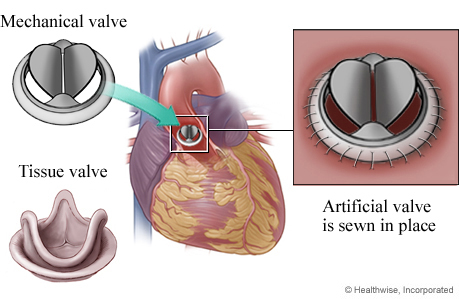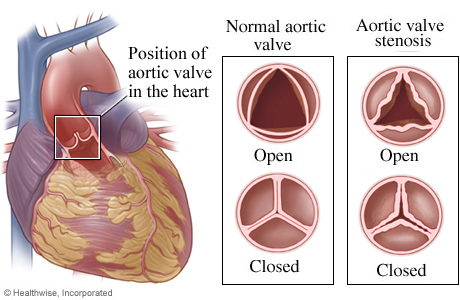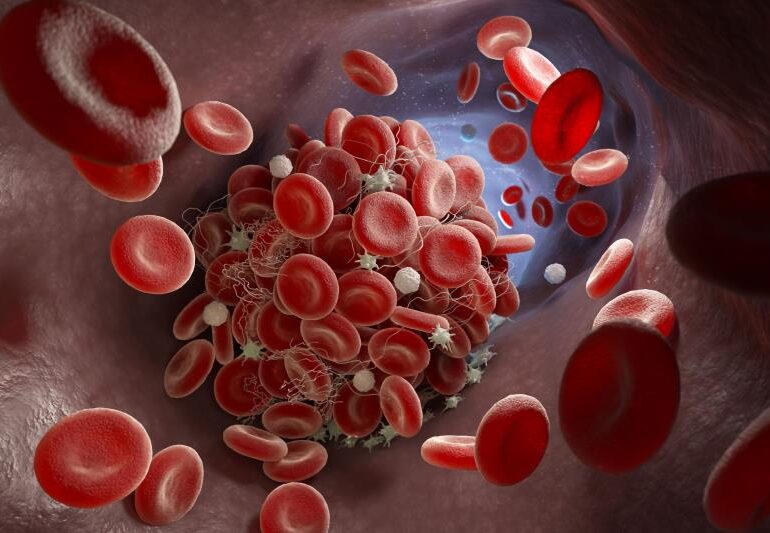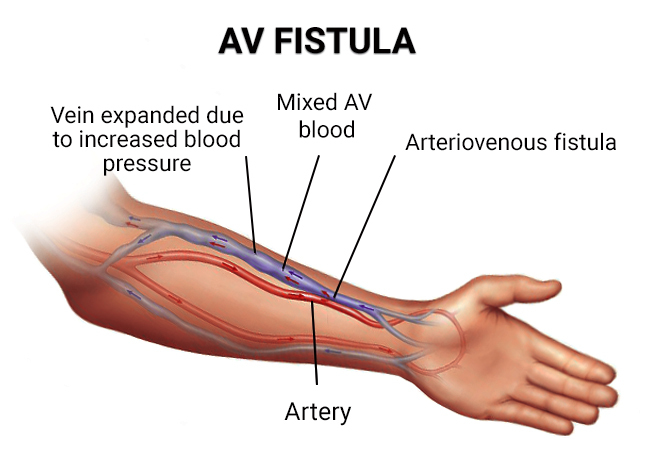If you have heart valve disease and find out that you need valve replacement surgery, one of the biggest decisions you may face is what type of valve to get. There has never been a more difficult choice to make. Why? Because there are numerous options for replacing a valve and numerous methods for doing it.
What is Mechanical Valve.
A mechanical heart valve is made of long-lasting materials like metal or ceramic and can generally last a person’s lifetime. When needed to prevent blood clots from forming and blocking the valve flaps, patients with mechanical heart valves must take blood-thinner medicines for the remainder of their lives. Know that Mechanical valves can be a good choice for younger boys and girls who can safely take blood thinners.
Need to know that a tissue heart valve is made of biological tissue, usually from an animal, and can last about 15 to 20 years. But tissue valves are not as long-lasting as mechanical valves; they do not generally need long-term use of blood thinner medicines. Greatly Tissue valves can be the best option for older people or people who cannot safely take blood thinner medicines.
For those patients with maximum heart valve disease, surgical options for treatment include valve repair or replacement. The essential thing is needed to know that the choice between repair and replacement is influenced by several factors, including age, type of valve disease, and other medical conditions. The significant thing is that when valve replacement is performed, there are options for mechanical or tissue heart valves. If you are thinking about having a valve replaced, do your research, and consult with your doctor to find the best option for you. Know that these two classes of valves confer diverse characteristics, and each has its advantages and disadvantages.
What’s Right for You.
To choose the option that is best for you, your doctor will consider many facts, such as your age, overall health condition, and specific type of heart valve disease. Need to be careful. When talking with your doctor, be sure to ask these questions.
- What are your options for treatment?
- Is a mechanical valve or tissue valve a better option for you?
- Will you take blood thinner medicines after your surgery?
- How long will you need to stay in the hospital after your surgery?
- When can you return to your normal routines?
- Is a cardiac rehabilitation program right for you?
Benefits and Risks
The significant thing is that the decision to choose the optimal valve type is influenced by numerous factors relating to all patients. Need to know that compared to tissue valves, mechanical valves increase a patient’s risk of blood clot formation as well as extreme bleeding from the mandatory anti-clotting medication. Consequently, tissue valves are often more acceptable than mechanical valves for patients who have a high risk of clotting or bleeding. It is essential to know that women who plan to have children also fall into this category, as warfarin cannot be used in pregnancy due to the risk of causing fetal malformations. On the other hand, you should know that mechanical valves are more durable and so are often more favorable in younger patients who otherwise would likely require subsequent re-operations to replace a degenerating tissue valve. Apart from these differences, there is no major difference in long-term survival between these two types of valves.
It is important to know that, as with all major heart operations, there are several possible complications from valve replacement surgery, including bleeding, infection, heart attack, and stroke. Of course, there are also the intended advantages of reducing symptoms, increasing survival, and improving one’s quality of life. The last thing is that for all decisions, including whether surgery is correct, what type of surgery is best, and what type of valve is most preferable, the risks must be weighed against the benefits and discussed with your surgeon.
Different Aspects :
Noise and the use of blood thinners are two additional aspects to take into account in addition to the durability of the valve. A mechanical valve can make sense if you need blood thinners for medical reasons (such as blood clots). On the other hand, you might prefer a tissue valve if you have a medical condition that precludes the use of blood thinners, such as gastrointestinal bleeding or disorders linked to easy or frequent bleeding. Your doctor could advise a tissue valve if you lead a certain lifestyle, such as playing contact sports, intending to have children, or working a job that forbids using blood thinners (such as being in the military on active duty).
It is also crucial to remember that noisy mechanical heart valves exist. Some patients don’t hear the noise, while others enjoy it, don’t care, and yet others dislike it. It depends on your preferences, but it is something to think about.
Conclusion
Which valve is optimal for persons in their 50s and 60s has been the subject of some conflicting research. Tissue valves are increasingly being used in patients at the younger end of that age range in recent years. By the time those people require a second valve, it should be possible to replace it with minimally invasive surgery, according to the theory. We should have a lot more information in the following ten years to make a well-informed recommendation.






